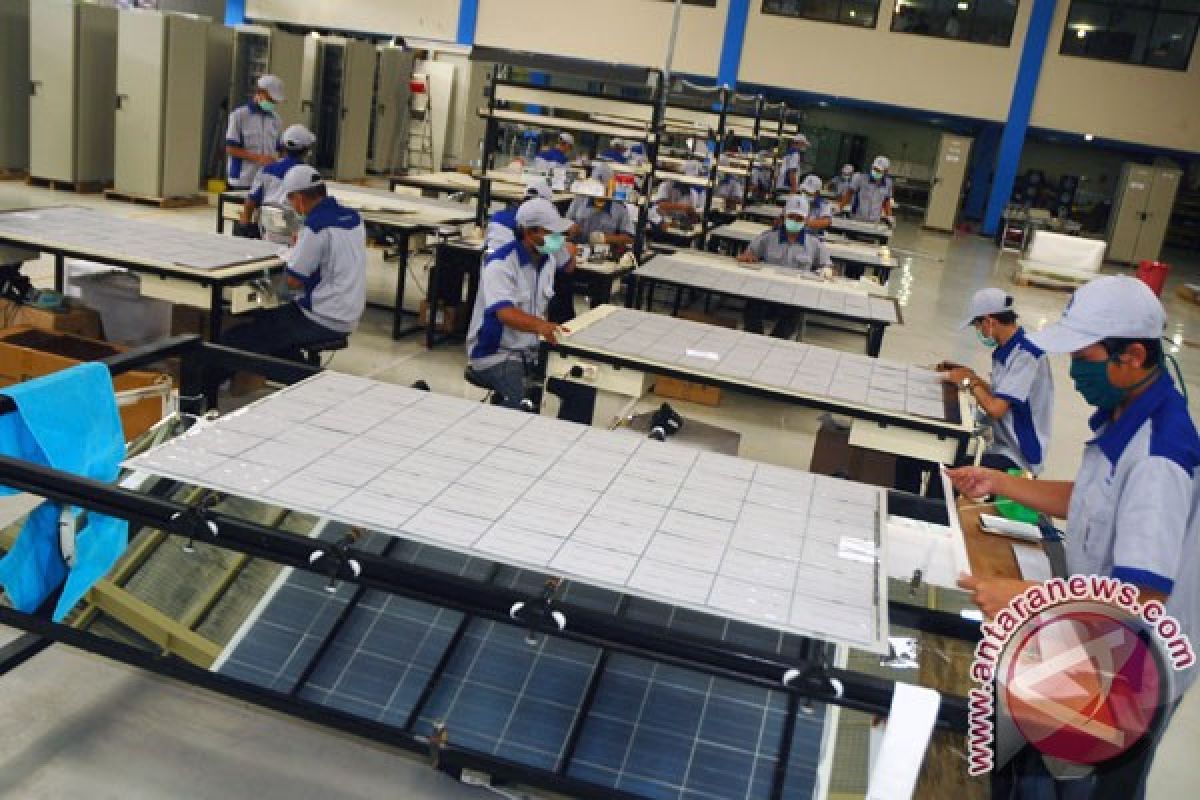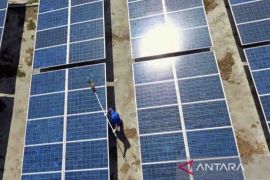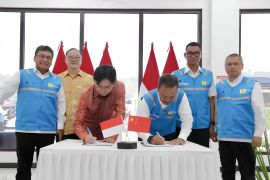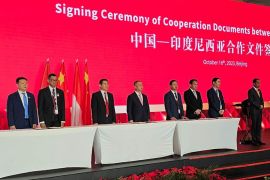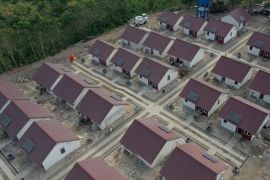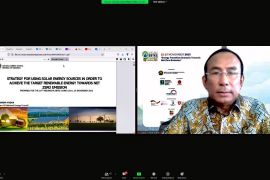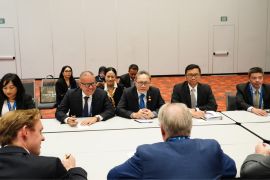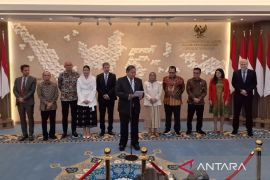Inevitably, state subsidy is a must. In its absence, development cannot be carried out."Nusa Dua (ANTARA News) - New and renewable energy development (EBT) needs support in the form of a subsidy policy from the state, according to the National Energy Council (DEN).
"Inevitably, state subsidy is a must. In its absence, development cannot be carried out," Abadi Poernomo, a member of DEN, stated at a press conference while reporting on the outcome of the Bali Energy Forum here on Friday.
The policy to subsidize the program will be included in the General Plan of National Energy (RUEN), which is currently being drafted by the DEN, he noted.
Based on Poernomos opinion, the economic price of electricity produced by an EBT power plant is far higher than the purchase price offered by the State Electricity Corporation (PT PLN).
He pointed out that the price of electricity produced by a geothermal power plant is 13 cents /kWh. Meanwhile, PT PLN is only able to buy at a price below 10 cents/kWh.
"So, the three-cent margin for each kWh is what will be subsidized by the state," he clarified.
Moreover, another DEN member Andang Bachtiar remarked that the results of the Bali Energy Forum served as recommendations for the DEN to draft the RUEN.
"We have been drafting the RUEN, and the process is expected to be completed in 1-2 months. The outcome of this meeting will serve as recommendations to chalk out priorities for the EBT on whether to use solar or geothermal power," Andang noted.
Meanwhile, DEN member Tumiran stated that the Bali Energy Forum highlighted the increase in the worlds energy needs, which are currently dominated by the Organization for Economic Cooperation and Development (OECD) of non-member countries.
According to Tumiran, the energy needs of OECD countries have stagnated, thereby leading to EBT.
"The OECD countries have supported their citizens who have been able to pay the price of energy corresponding to the economic value," he added.
The OECD non-members believe that the choice of renewable energy must be made selectively as the cost is still high, which necessitates the implementation of a fit policy and other incentives.
(Reported by Kelik Dewanto/Translated by Roy R.B./INE/KR-BSR/A014)
Editor: Priyambodo RH
Copyright © ANTARA 2015
